M’sians Say ‘Sweat Shaming’ Is Real And Encourages Casual Racism, Sexism & Absurd Beauty Standards
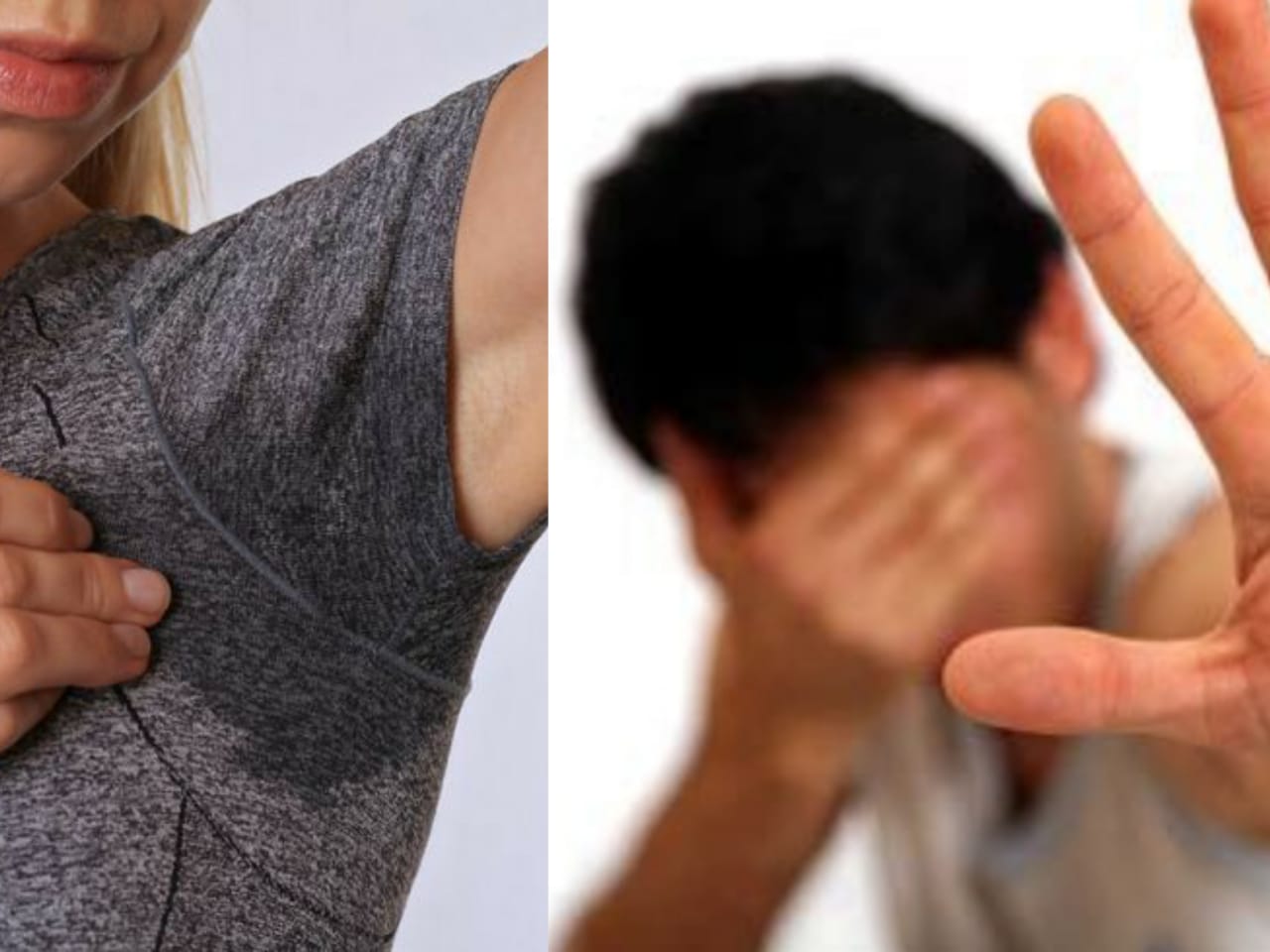 Thirsty for JUICE content? Quench your cravings on our Instagram, TikTok and WhatsApp
Thirsty for JUICE content? Quench your cravings on our Instagram, TikTok and WhatsApp
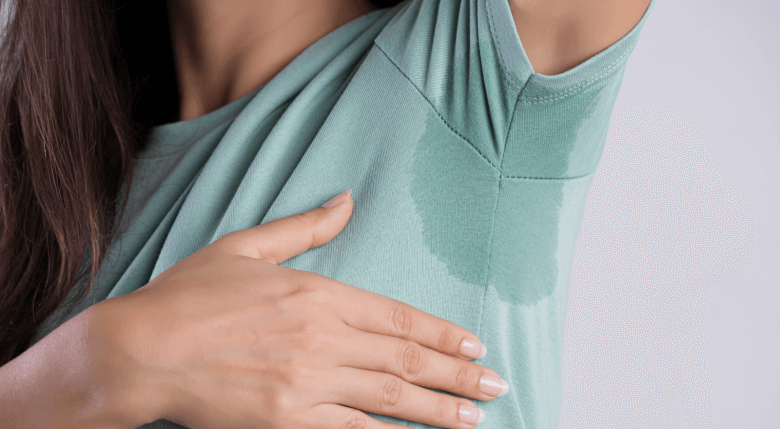
You’ve heard of body shaming, slut shaming, maybe even kink shaming, but today we’re going to talk about the slightly lesser known counterpart of shame culture- the strange, irrational phenomenon that is sweat shaming.
It’s exactly what it sounds like, with its general definition being the act of pointing out someone’s sweatiness in a critical or degrading manner.
Twitter stans may go crazy over the sight of their favourite K-pop idols glistening with sweat as they pose for their ending fairy after performing a number; but in real life, the natural sight of the average perspiring person isn’t deemed nearly as glamorous.
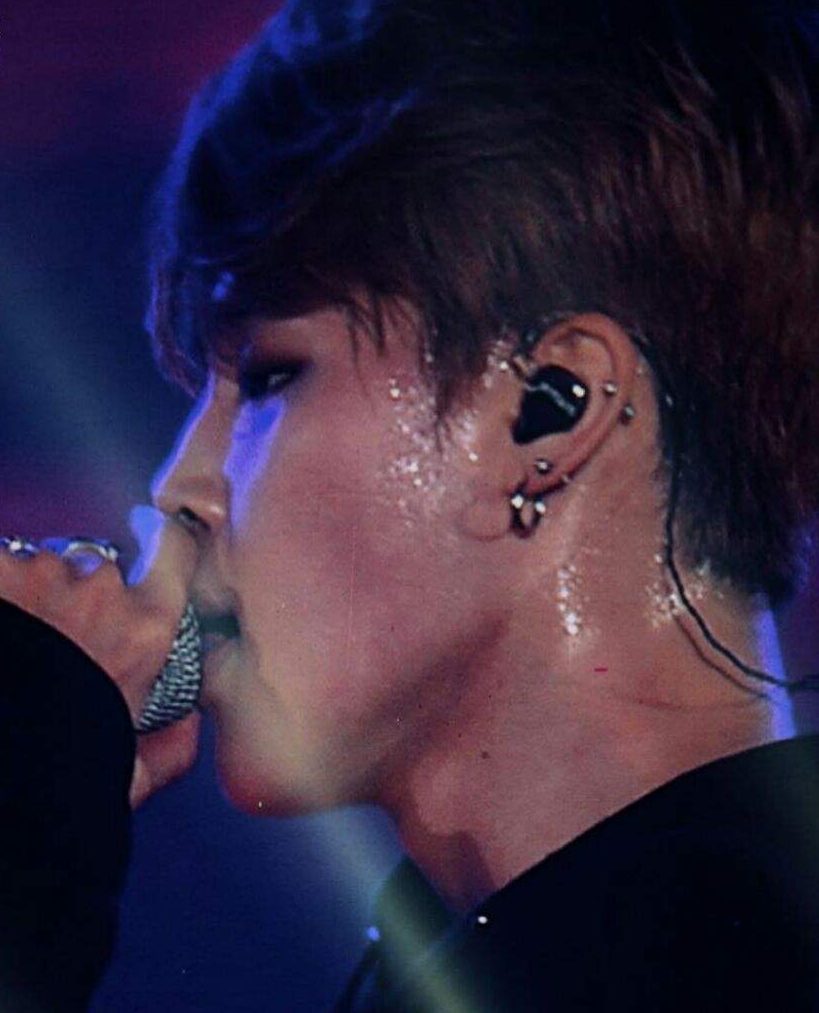
We can’t all be Jimin, but how serious is this?
It’s quite apparent that body odour and lack of hygiene are commonly associated with sweating, and while there’s nothing wrong with alerting or advising someone on such matters, sweat ‘shamers’ tend to condemn others from an aesthetic viewpoint- that is, simply judging them based on their belief that visible sweating is unsightly.
Hyperhidrosis
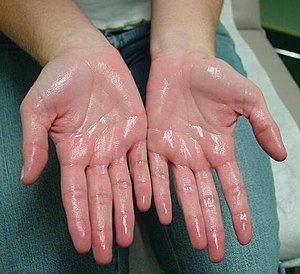
While everybody sweats, some perspire more than others. In some cases, the excessive sweating is a medical condition that entails far more than the usual heat or exercise-induced perspiration.
It’s called hyperhidrosis, and is actually pretty common. It is approximated that 1 to 3 people out of every 100 are affected, implying that hundreds of thousands of individuals within a country are affected. Though hyperhidrosis can occur at any age, it is most prevalent during childhood or shortly after puberty.
If you were one of those kids who had your uniform shirt soaked in sweat by mid-day, you might know why now.
Sweat shaming on a domestic scale

It’s no secret that our modern society can be unjust and pressurise people into conforming to unrealistic standards of beauty.
With that, JUICE reached out to three Malaysians who generously illustrated their personal experiences with sweat shamers within the nation:




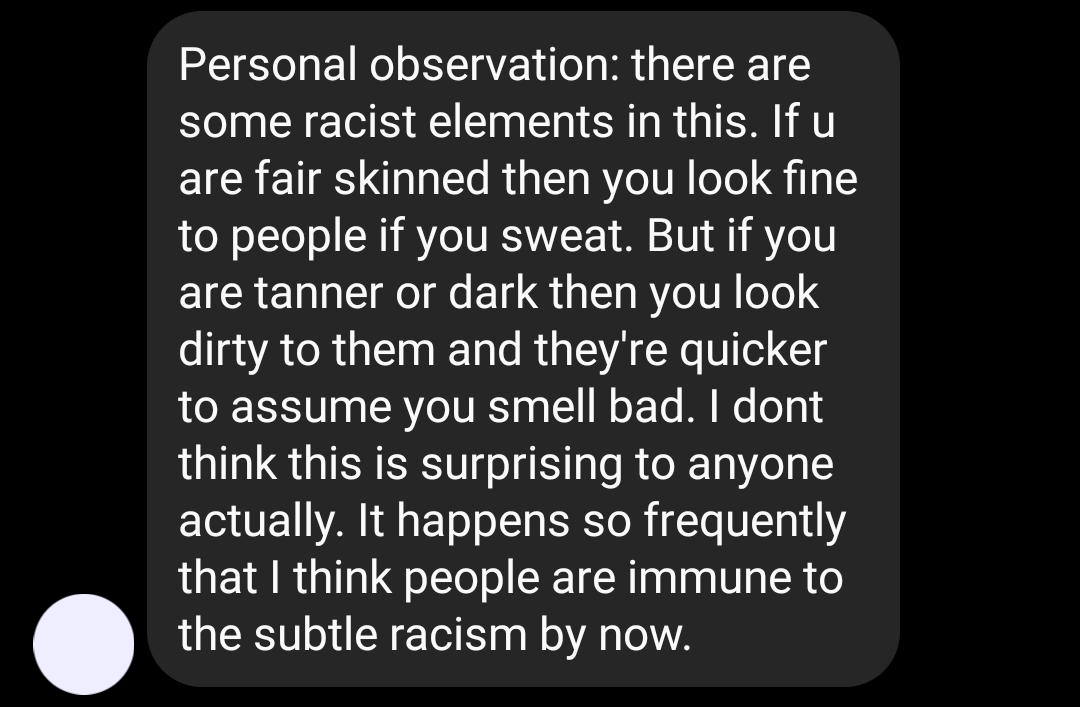
The illogical part of it

Sweat is often associated with hard work and exercise, sometimes also regarded as an indication of good health (come on, we even have sauna rooms for that!)
So what’s all the fuss about?
The problem is, sweat shaming is essentially blaming an individual for possessing bodily functions that work as they should. This is funny because sweating in a football jersey on the bleachers will earn you a different response compared to walking into a coffee shop with pit stains, even if you smell exactly the same throughout these two respective situations.
Sweat shaming implies that there is a right time, place and manner in which one is allowed to perspire.
Are we expected to clench our pores whenever we want to look ‘presentable’ now?
The misogynistic part of it
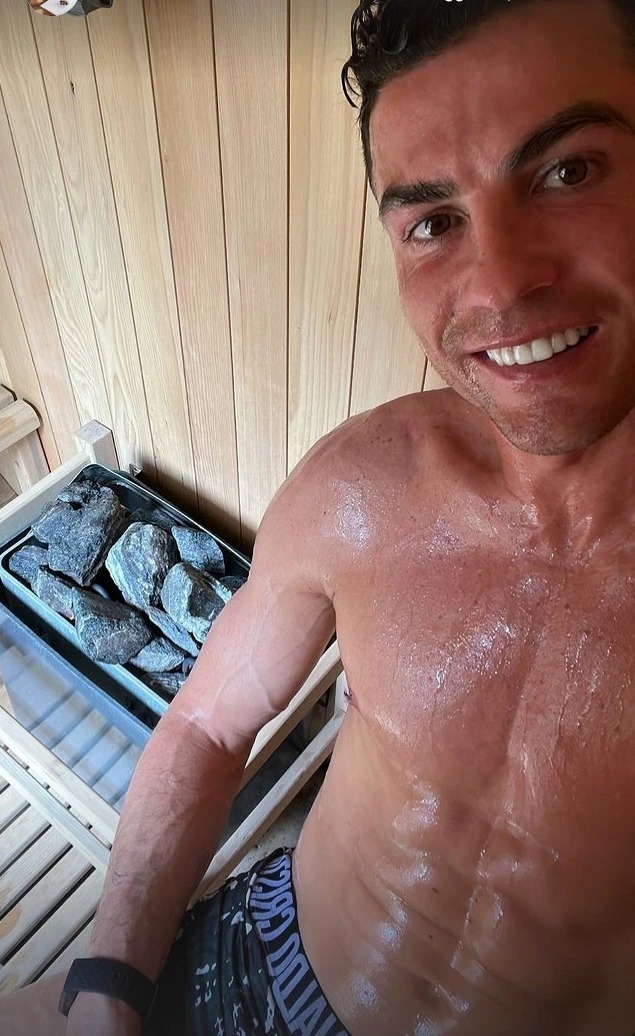
Some believe that sweat shaming has sexist connotations to it. Washington Post reports that sweat shaming is more commonly directed at women who people believe “should not sweat at all”.
The site states that while men are salivated over in photographs that depict them perspiring profusely, advertisements with women jogging where at any point they are even the slightest bit shiny, are far and between.

Additionally, high quality studio shots with stylists that place shimmery beads of faux sweat on the glowing skin of a professional model are nice to look at; but could probably be indirectly contributing to the stigma against women sweating naturally.
We don’t look like Gigi Hadid in a Reebok ad when we sweat after a boxing class, and chances are, on an average day, neither does she.
The sad part of it

All three of the people we spoke to who’d encountered sweat shamers before collectively believe that the issue is extremely downplayed. According to them, the act is almost always justified by remarks along the lines of, “they’re smelly” or, “I don’t care if they sweat, but don’t come near me”.
“You’re allowed to mock someone or ostracise them for something beyond their control. No one can stop that from happening,” said one interviewee, a 25-year-old Mass Comm graduate.
While hyperhidrosis reportedly does not usually pose serious risks to one’s health, studies have found that the condition can lead to emotional pain, pangs of humiliation, social anxiety and withdrawal.
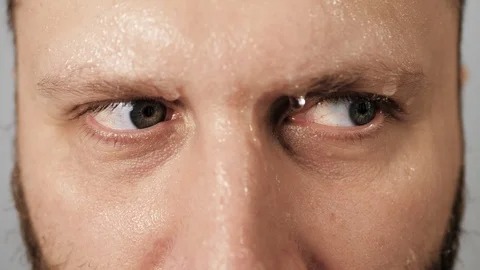
The matter is tricky as some believe that it is the anxiety itself that causes the sweating, while other studies suggest that the unease is a result of being shamed for perspiring excessively.
Both instances are equally plausible, and further highlight how the normalisation of sweat shaming can be detrimental to the society as well as cause social disharmony, especially amongst impressionable youngsters who may carry their wounds well into adulthood.
If you are struggling with your mental health, do not hesitate to seek help:
Talian Kasih
Hotline: 15999
Befrienders
Hotline: 03-76272929
Agape Counselling Centre Malaysia
Hotline: 03-77855955 or 03-77810800
Life Line Association Malaysia
Hotline: 03-42657995


 Get Audio+
Get Audio+ Hot FM
Hot FM Kool 101
Kool 101 Eight FM
Eight FM Fly FM
Fly FM Molek FM
Molek FM

